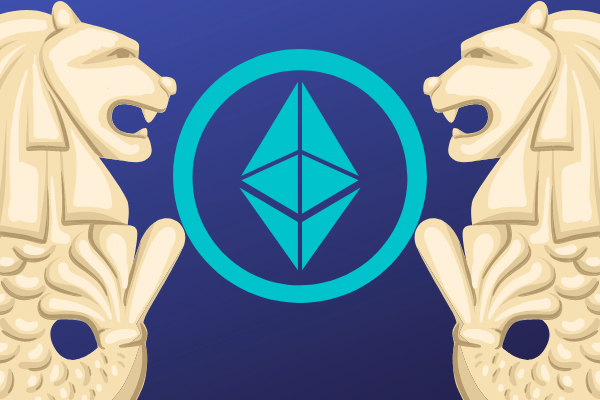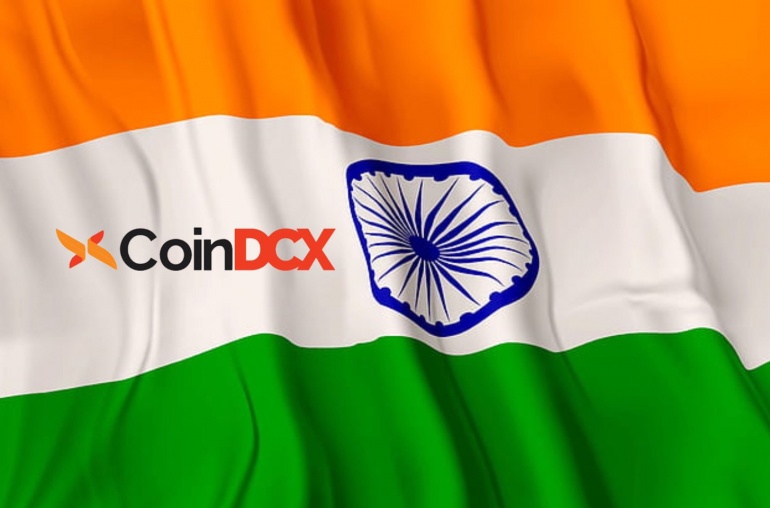
- Singapore’s biggest bank DBS plans to grow its cryptocurrency and digital asset business, saying it wants to expand its digital exchange and offer services to more of its 300,000 wealthy clients in Asia.
- DBS Bank’s plans to improve access to its cryptocurrency offerings help support Singapore’s ambitions to be a fintech and digital asset hub.
Despite the bear market, Singapore’s biggest bank DBS plans to grow its cryptocurrency and digital asset business, saying it wants to expand its digital exchange and offer services to more of its 300,000 wealthy clients in Asia.
According to Piyush Gupta, DBS CEO since 2009, the bank has less than 1,000 members on its digital asset exchange but will soon offer the service to 300,000 of its wealthy clients across Asia including private banks, accredited investors, other exchanges and funds through its DBS mobile banking app.
Gupta claims the app would make the process of gaining access to cryptocurrencies less clunky and quicker for clients in addition to allowing DBS to offer the nascent asset class to more customers.
DBS had total assets of US$488 billion as of December 2021 and last year, it received a cryptocurrency licence from the Monetary Authority of Singapore, allowing its institutional and wealthy clients access to its DBS Digital Exchange by invitation.
Before DBS launched its own exchange, about US$1 billion had flowed out of DBS and into global crypto exchanges run by companies including Genesis and Binance.
DBS Bank’s plans to improve access to its cryptocurrency offerings help support Singapore’s ambitions to be a fintech and digital asset hub, even as a string of high-profile failures, including Terra and Three Arrows Capital, forced regulators to take a closer look at the space.
Singapore’s economy remains heavily reliant on financial services and trading, and authorities believe innovation is imperative for the city-state to remain relevant.
Last month, MAS Managing Director Ravi Menon reiterated that cryptocurrencies were not intended for retail investors and said that more regulation was likely to protect mom-and-pop investors, while encouraging the well-heeled to remain engaged and exposed.
The Authority’s commonsense approach reflects Singapore’s strategy when it’s come to casinos as well, with entry fees for locals acting as a deterrent to casual gamblers who could potentially become addicted, while making entry free for foreigners.



